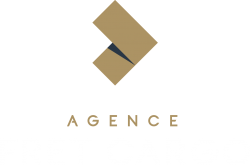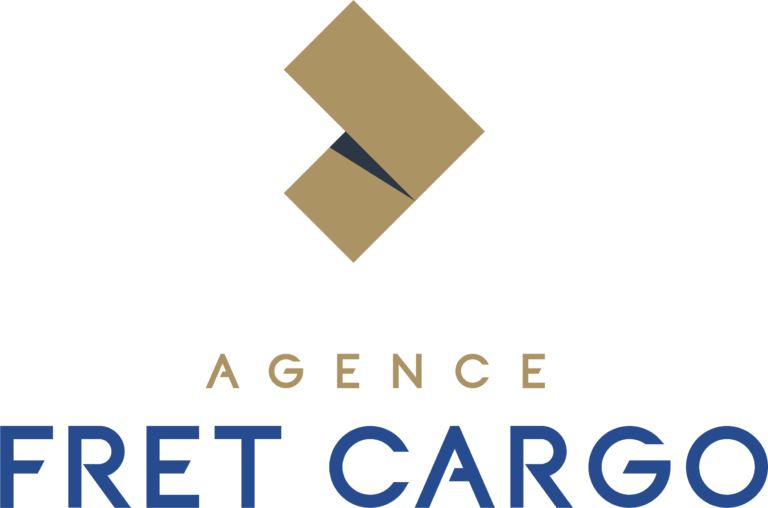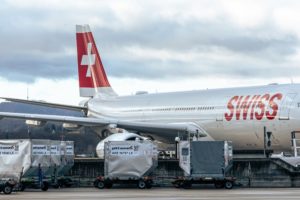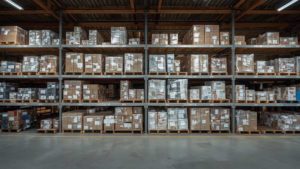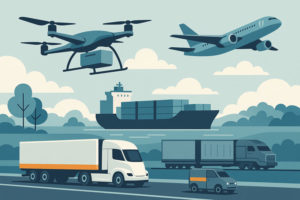Customs regulations play a crucial role in the import process in Switzerland. Understanding and complying with these rules is essential to ensure the legal entry of goods into the Swiss territory, avoid potential penalties, and facilitate business operations. This article outlines the main steps and obligations related to imports into Switzerland, highlighting the procedures, applicable taxes, and relevant international agreements.
The basics of Swiss customs regulations
Customs declaration
Any goods imported into Switzerland must be declared to the Federal Customs Administration (FCA). This declaration can be made either in writing or electronically, notably via the e-dec system, which allows for the electronic submission of customs declaration forms. Required information includes the weight, origin, value, and tariff number of the goods. It is crucial that this data is accurate to avoid delays or complications during the customs clearance process.
Required documents
For a compliant import, several documents are needed:
Specific documents: depending on the nature of the products, additional certificates may be required, such as health certificates for food products or licenses for certain regulated goods.
Detailed commercial invoice: it must specify the exact description of the goods, their value, the full contact details of the exporter and the importer, as well as the delivery terms.
Certificate of origin: this document certifies the country of origin of the goods and may be necessary to benefit from tariff preferences under free trade agreements.
Applicable taxes and duties
Value Added Tax (VAT)
In Switzerland, VAT is mandatory on imported goods. As of January 1, 2025, the applicable VAT rates are as follows:
- Standard rate: 8.1% (applicable to most imported goods).
- Reduced rate: 2.6% (for certain specific goods such as foodstuffs, non-alcoholic beverages, medicines, books, and magazines).
- Special rate: 3.8% (notably for accommodation services).
Starting from January 1, 2025, the value exemption threshold for imports has also been lowered from CHF 300 to CHF 150. Thus, any imported goods with a value exceeding CHF 150 (including shipping costs) are now subject to Swiss VAT, calculated based on the CIF value (Cost, Insurance, Freight) of the order.
These new measures aim to ensure fairer taxation and fair competition between Swiss and foreign businesses.
Customs duties
Customs duties vary depending on the type of goods and their tariff classification. Since January 1, 2024, Switzerland has abolished customs duties on industrial products, thereby simplifying their importation. However, agricultural products remain subject to customs duties, often calculated based on weight, in order to protect local agriculture. To determine the applicable rates, it is recommended to use the Tares customs tariff, available on the FCA website.
Import procedures in Switzerland
Before importation
Before importing goods into Switzerland, it is essential to verify whether they are subject to prohibitions or restrictions. Certain goods, such as weapons, medicines, or counterfeit products, are subject to particular scrutiny by the Swiss customs authorities. Moreover, it may be necessary to obtain specific authorizations for certain regulated products.
Electronic declaration
Switzerland uses the e-dec system for the electronic submission of customs declarations. This system facilitates the customs clearance process and allows for efficient management of customs formalities. Companies can also rely on service providers, such as freight forwarders or customs brokers, to assist them with these procedures.
Customs clearance and delivery
Once the goods arrive in Switzerland, they are subject to the customs clearance process. This involves the verification of documents, the payment of applicable taxes and duties, and ensuring that the goods comply with Swiss regulations. After customs clearance, the goods can be placed into circulation within Swiss territory and delivered to their final recipient.
Free Trade Agreements and Tariff Preferences
Agreements in Force
Switzerland has signed several free trade agreements that offer advantages to importers, notably reductions or exemptions from customs duties. These agreements aim to facilitate international trade and strengthen economic relations with partner countries.
Proofs of Origin
To benefit from the tariff preferences provided by these agreements, it is essential to provide proofs of origin certifying that the goods come from a partner country. Such proof may include certificates of origin or invoice declarations, depending on the specific requirements of the relevant agreement.
Sanctions for Non-Compliance
Types of Sanctions
Failure to comply with Swiss customs regulations may result in various sanctions, such as:
- Administrative fines: imposed for minor infractions or errors in declarations.
- Seizure or destruction of goods: in case of importation of prohibited products or goods that do not comply with Swiss standards.
- Criminal prosecution: in cases of proven fraud or serious violations of customs laws.
Preventive Measures
To avoid these sanctions, it is recommended to:
- Ensure full compliance with customs regulations.
- Verify the correctness and completeness of all declarations and documentation.
- Stay informed about specific restrictions or prohibitions for the imported goods.
Sanctions can quickly become severe in the event of failure to meet customs obligations. In addition to administrative fines and the seizure of goods, repeated or serious non-compliance may lead to judicial proceedings with significant financial penalties or even temporary or permanent bans on importing certain categories of products.
How to Avoid Sanctions ?
To avoid any risk of sanctions, it is crucial for importers to adopt a proactive approach to compliance:
- Use professionals specialized in customs, international logistics or international Freight, such as freight forwarders or customs specialists, to ensure that all procedures are correctly carried out.
- Regularly undergo training on regulatory developments, as Swiss customs legislation is subject to change.
- Implement a rigorous procedure to verify the necessary documents for each importation, notably compliance with sanitary standards, technical standards, and environmental requirements.
In case of doubt, it is highly recommended to consult directly with the Federal Customs Administration (FCA) to obtain specific advice.
Useful Resources for Importers
Several resources are available to facilitate the import process into Switzerland:
- Federal Customs Administration (FCA): the main authority responsible for overseeing imports and providing the necessary official information for customs compliance.
- Swiss Global Enterprise: provides valuable information on trade agreements, regulations, and procedures to follow.
- Tares Platform: an essential tool for identifying applicable customs tariffs based on the type of imported product.
Complying with Swiss customs regulations is essential for successful import operations. Companies must stay informed and rigorously up to date to avoid the adverse consequences of non-compliance, such as financial sanctions or the seizure of goods.
Using available electronic tools, collaborating with specialized service providers, and taking advantage of free trade agreements are key assets for optimizing imports into Switzerland.
Finally, in case of uncertainty or for any additional information, consulting directly with the competent authorities remains the best course of action.
Sources
- Federal Customs Administration (FCA) : www.ezv.admin.ch
- Tares Platform for Swiss Customs Tariff : www.tares.ch
- International Post : Changes to Customs Duties and VAT 2024
- Swiss Global Enterprise : Import/Export Guide
